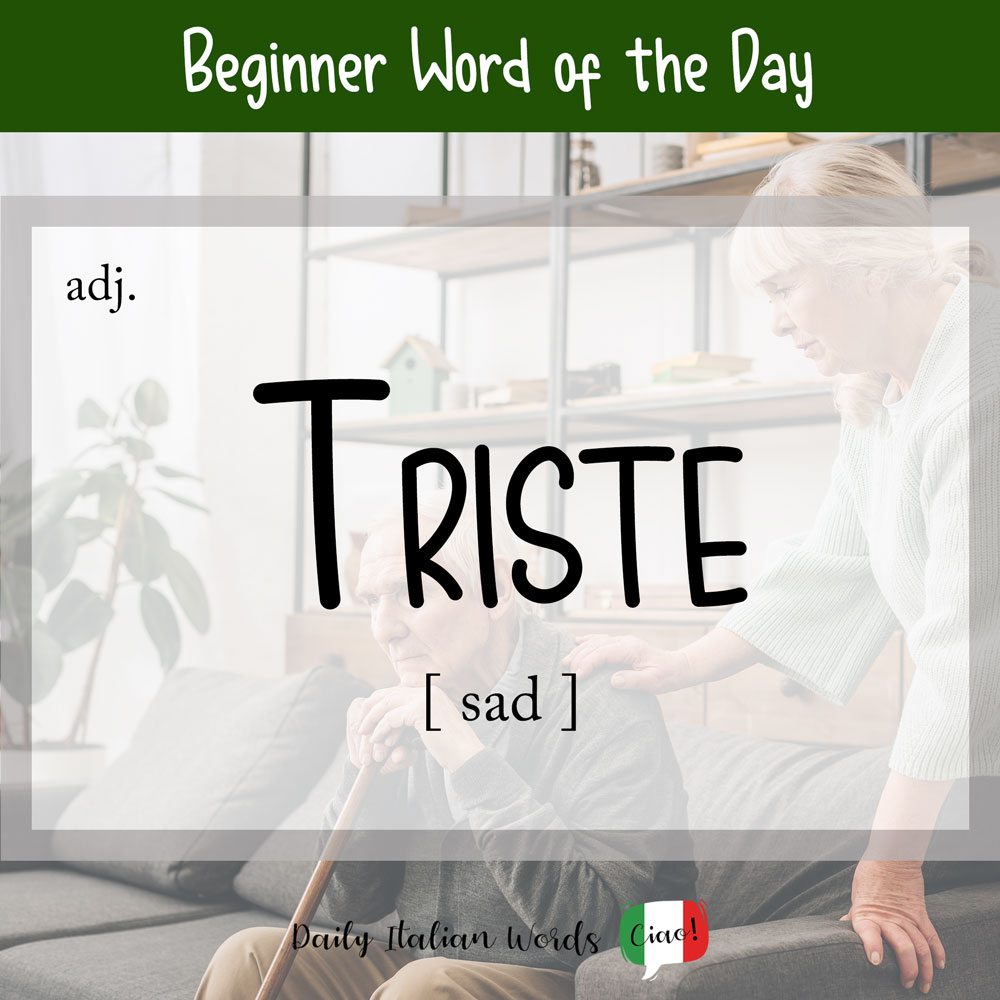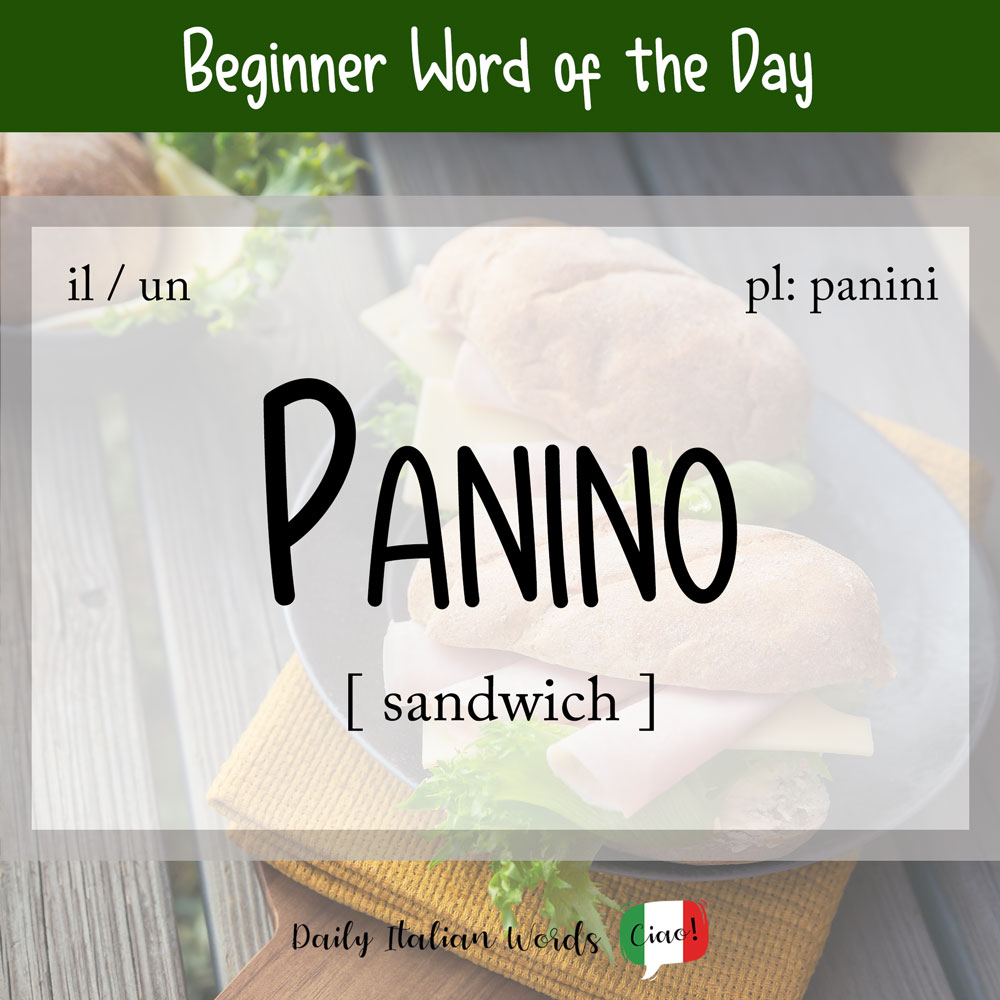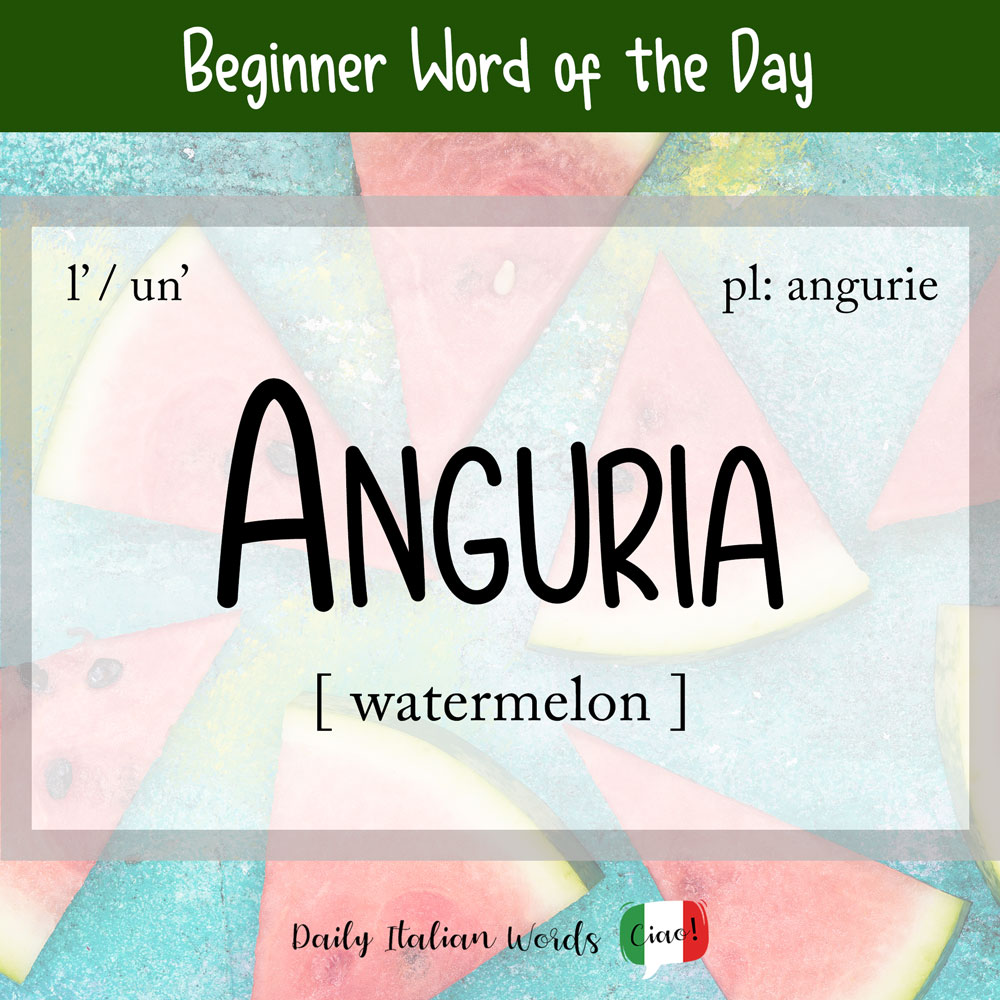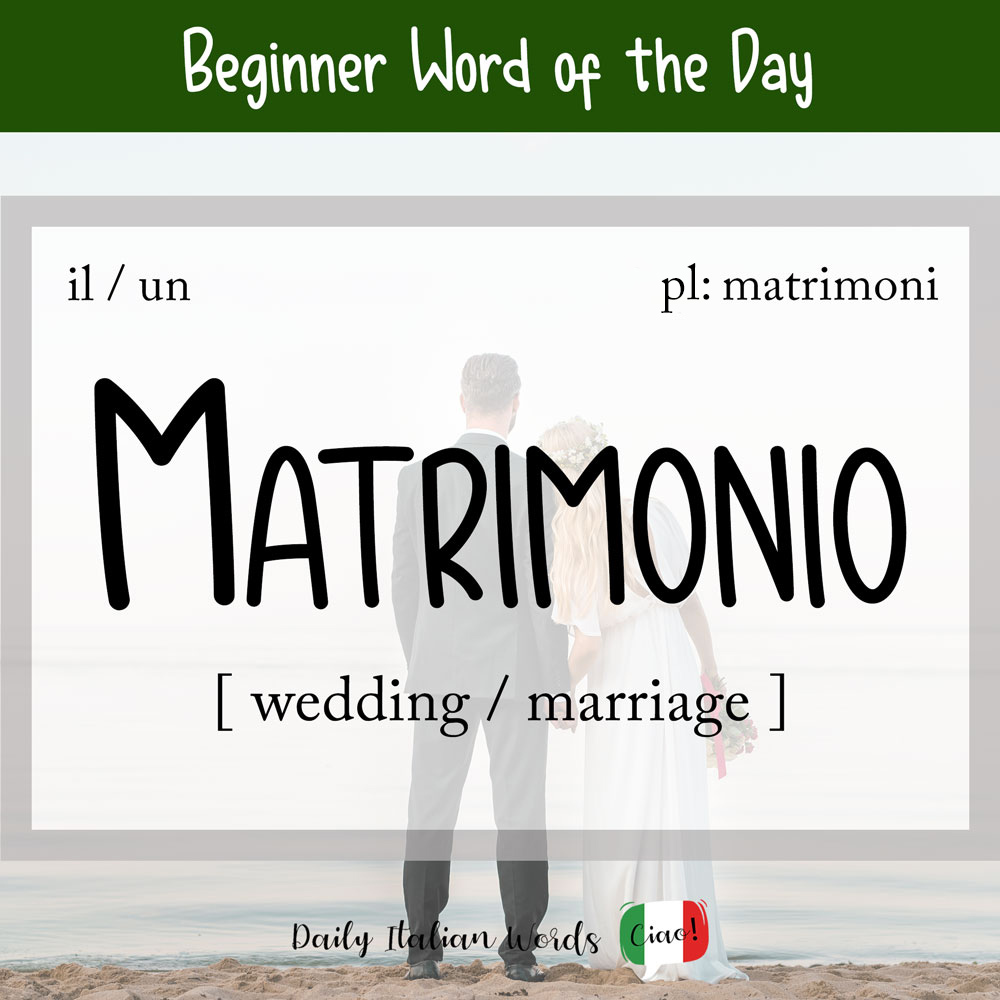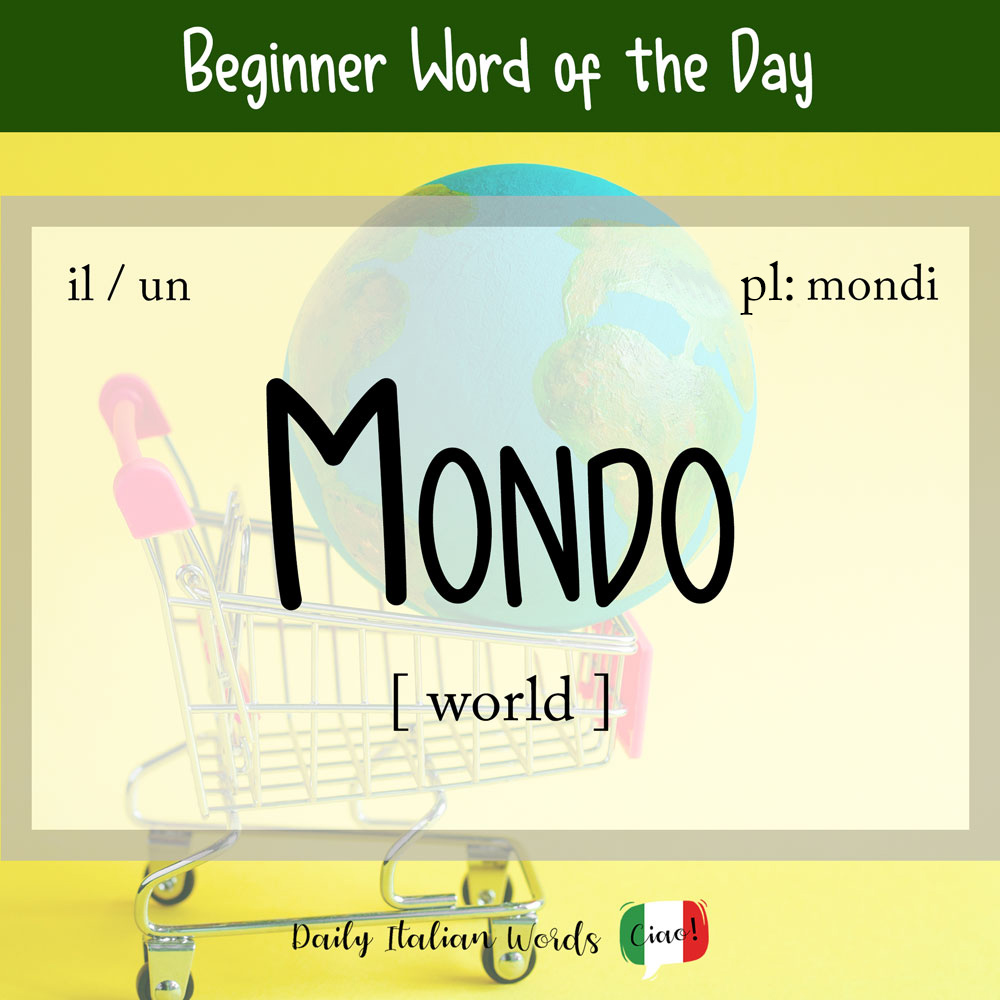Italian Word of the Day: Triste (sad)
The word for sad in Italian, which comes from the Latin tristis, is triste. Like all other adjectives that end in e, the ending of triste stays the same regardless of whether the subject is masculine or feminine. In its plural form, it becomes tristi. È una situazione molto triste per tutte le persone coinvolte. …

